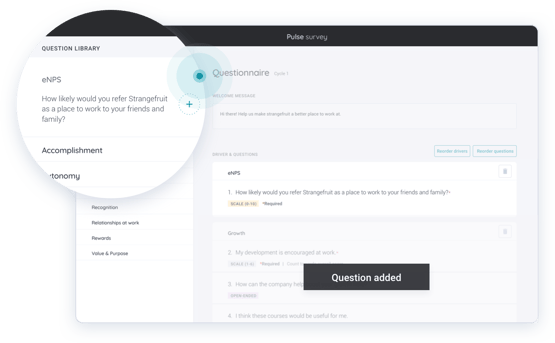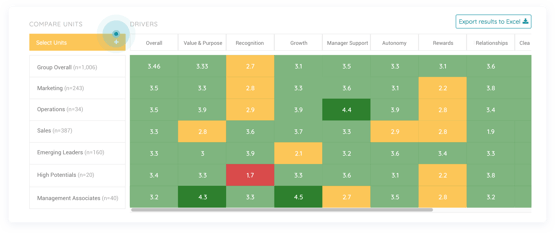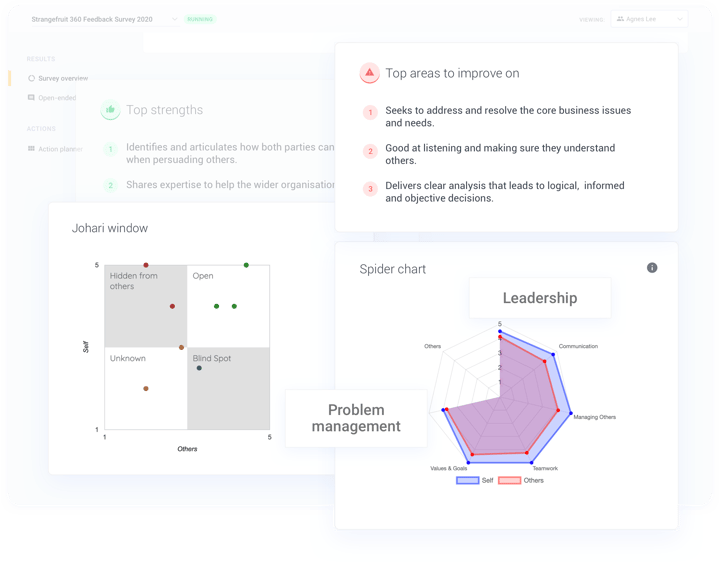6 responsibilities that leaders must do in order to navigate people through change successfully.

The ability to relate is emerging as a core leadership muscle to be developed. In this evolving normal, an organization’s resilience is tested by constant change, lean resources, digitalization, sudden and prolonged remote working arrangements, and uncertainty about health and safety.
People need and want leaders to respond with care, connection, and communication. Where do leaders start? There are six (6) responsibilities that relational leaders must not fail to do in these times in order that they and their teams not just survive, but thrive.
In this masterclass, you will learn more about relational leadership with an expert from Rohei Learning & Consulting.
✔️ The impact of relational leadership
✔️ The responsibility to respect realities
✔️ The responsibility to build trust
✔️ The responsibility to get agreement
✔️ Leaders
✔️ People Managers
✔️ People Developers

Praise Mok - Deputy Chief Executive, ROHEI Learning & Consulting
Praise has nearly 20 years of experience in the Learning and Development industry. As a founding member of ROHEI Learning & Consulting, Praise pioneered ROHEI’s experiential learning formats that were compelling and challenging for the learners. These learning experiences are immersive on both virtual and face-to-face platforms and have resulted in major shifts in heartset and mindset—learning that is caught, not taught.
Praise consults with SMEs, MNCs, and key government organizations and IHLs to navigate change, and equip leaders with relational skills and people-sensitivity.

How to Strengthen Remote Collaboration in Teams
Teams that work collaboratively spend 64% less time on a task than those going solo and companies that promote collaborative working are five times as likely to be high performing.
Here are three strategies that are vital to improving collaboration across departments and working effectively.

Use Cases of 360° Feedback in Performance Reviews
A 360° feedback review is a performance management tool that solicits feedback about an employee from all directions.
Our handy guide is suitable for visionary HR practitioners in using 360° feedback reviews across organisations of all sizes. Download now to find out more.

Why the Strongest Organisations All Have a Shared Culture
Having a shared culture affects employees in three powerful ways – functionally, socially and emotionally. On a functional level, it gives employees clarity on their role so they can perform better in their day-to-day tasks.
Here are 5 effective tips anchored in psychology on how companies can create a shared culture.








Copyright © 2024 EngageRocket Pte Ltd. All rights reserved unless otherwise stated.